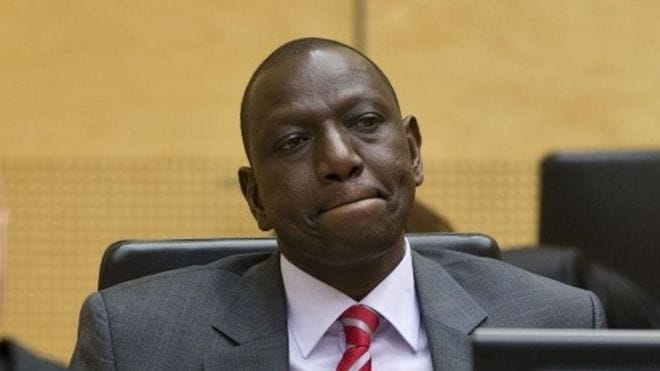Kenya’s main opposition coalition has announced plans to submit evidence to the International Criminal Court (ICC), accusing President William Ruto’s administration of extrajudicial killings and unlawful suppression of protests.
The coalition alleged that recent anti-government demonstrations in Nairobi were met with disproportionate force by the National Police Service, resulting in the deaths of unarmed demonstrators. According to the opposition, these incidents form part of a broader pattern of human rights violations under what they call an increasingly repressive government.
In a joint statement, opposition leaders cited the alleged use of masked officers without identification badges, live ammunition against peaceful protesters, and the involvement of plainclothes militia-like units. They compared the tactics to those of armed gangs in Haiti, suggesting that Kenya’s leadership may have drawn inspiration from such groups through its involvement in the Multinational Security Support Mission in Haiti.
Further, the statement questioned Kenya’s reported past arms transfers, drawing parallels between weapons used by Kenyan police and those linked to Sudan’s Rapid Support Forces (RSF). The opposition claims that senior Kenyan officials misled Parliament about internal security operations and that the government is “bypassing constitutional limits.”
The case they intend to present to the ICC will reportedly include documentation of alleged extrajudicial killings, misuse of state security forces, and possible illegal arms deals.
While the government has not issued an official response to the ICC threat, security agencies have previously defended their actions as necessary to maintain public order.
Meanwhile, civil society organizations have echoed concerns over shrinking civic space and the use of force during recent protests. Calls for an independent investigation have grown, especially following the death of a teacher and digital activist, Albert Ojwang, whose case remains controversial.
The opposition urged Kenyans to remain peaceful and united, stating that international legal mechanisms remain a pathway to justice when domestic options appear compromised.



